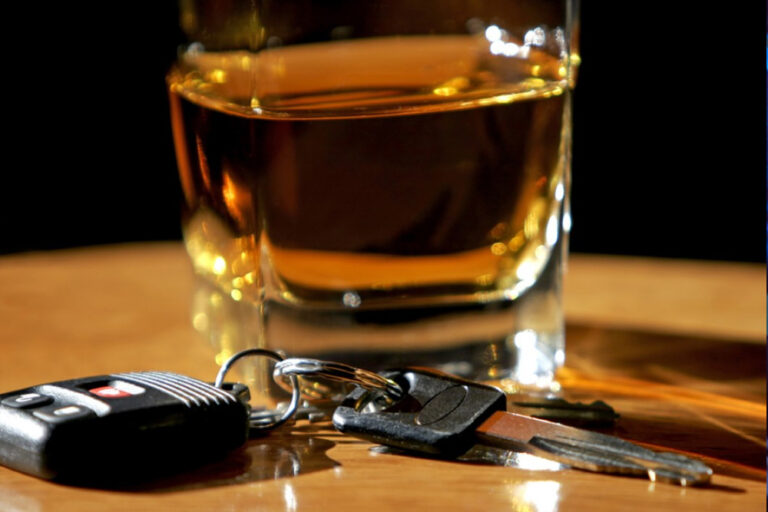Are ticket quotas real or just an urban myth?
One of the oldest urban myths involves whether police work harder at or near the end of the month to issue traffic tickets so that they may meet monthly quotas. Part of the reason why the “myth” remains in force is because there are rarely verifiable actions to support the truth behind law enforcement.
But ever so often, there are stories about officers forced into complying with ticket quotas. For instance, a LAPD officer was awarded $1 million in 2016 after he was dismissed from the force for reportedly refusing to take part in a quota scheme. Also, a 2017 study on traffic tickets in New York City suggested that quotas were being enforced.
Basically, researchers found that at the beginning of a given month, fewer than 2,500 tickets are issued each day. That number increases to more than 3,000 near the 16th day of the month, and surges again by the 30th.
While these instances may be dismissed as anecdotal evidence, the fact remains that quota based enforcement of traffic laws is illegal. Also most law enforcement agencies say (at least publicly) that they will take disciplinary action against any supervisor who uses them. But when a motorist is ticketed for what appears to be an innocuous violation, what is a driver to do?
Indeed, challenging the violation is the standard response. But should this be done alone? After all, the old adage “the person who represents himself has a fool for a lawyer” has some truth to it. Essentially, an attorney well-versed in criminal procedure may be able to spot issues that could form a legitimate defense in court. One of the most common stems from the legal authority the police must have in order to initiate a stop.
This means that a law enforcement officer must have a reasonable articulable suspicion that you have violated a traffic law. This cannot simply be a “hunch” or “officer’s intuition.” Instead, such a suspicion must be based on personal knowledge of a violation. This represents one of a number of defenses that can be raised to defend against a traffic ticket. If you have additional questions about defending tickets, an experienced criminal defense attorney can advise you.


